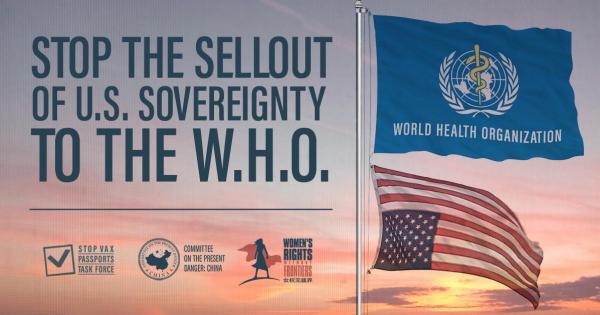It’s the favorite formula being used by Evangelical youth conference organizers: invite a bunch of speakers from the mostly progressive end of the theological spectrum and maybe a couple conservatives and let the students decide who they like best. No caveats, no clarifications, nor justifications. Only a few brief comments encouraging students to not allow themselves to feel uncomfortable and “sit in it.”
Not only is this unhelpful, it’s a major leadership failure on the part of conference hosts. It’s a format that misses more than 2,000 years of church history, biblically-based teaching, a spirit of unity, and historical clarity and context. As an attendee you just leave feeling more confused about what the Bible teaches than when you arrived.
Two weeks ago I watched the trend unravel at the Justice Conference. One day young attendees listened as activist Mark Charles denounced the U.S. Declaration of Independence, Constitution, and Supreme Court as “systematically racist” and declared “everything you own is stolen.” On day two we heard Dr. Russell Moore, President of the Ethics and Religious Liberty Commission, challenge attendees to not be embarrassed as they champion social justice issues outside liberal or conservative political expectations and, above all, spread the Good News.
Hosts of the Justice Conference would have served their young attendees well by acknowledging afterwards that as we seek justice on earth, we acknowledge the basic Christian truth that humanity is fallen. Hence, why we need Jesus and the world needs the Gospel.
Mark Tooley, President of the Institute on Religion & Democracy, debunked Charles’ declarations by point to the opinions of remarkable human rights advocates like Nelson Mandela, Martin Luther King Jr., and Frederick Douglas. “The writers of the Declaration of Independence were, like all of us, sinners and hypocrites,” Tooley noted. “They didn’t fully live up to their own ideals, and neither does anyone.”
How can we reconcile injustice without identifying sin?
Somehow I found myself sitting amidst a large youth group at the Justice Conference. While among them, I was reminded of senior year in a college campus ministry. Voices from all ends of the theological spectrum were talking about ideas on Hell, sexuality, cohabitation, and a host of other hot topics. I was listening. But with so many conflicting doctrines in one ministry, my worldview felt like a tangled mess. Had I been in that youth group sitting at the Justice Conference, I would have left feeling more ashamed and tangled than when I arrived. Certainly, I wouldn’t feel ready to tackle social injustices for the kingdom of God.
Evangelical conference organizers have a responsibility to help guide their young attendees according to the Gospel. Instead, it appears they prefer to offer buffet-style Christianity.
We aren’t talking about the college classroom where it certainly benefits students to hear from opposing views. These are ministries purporting to be Evangelical, or at least aiming to attract young Evangelicals. And yet, many fail to display a united voice.
I attend youth conferences on behalf of IRD all the time. This formula isn’t unique to the Justice Conference. Earlier this year, InterVarsity’s Urbana invited a speaker who dismissed the pro-life movement “a big spectacle” and then David Platt confronted our sinful human nature the next day.
Catalyst. Q Conference. Everyone’s doing it to some degree.
Perhaps inviting the most provocative speakers who conference organizers can find, with a few conservative Christians mixed in, isn’t the best method for equipping young Evangelicals. Perhaps it’s time to change the formula.
What do you think? Is the formula working or not? If so, what does this formula achieve?












